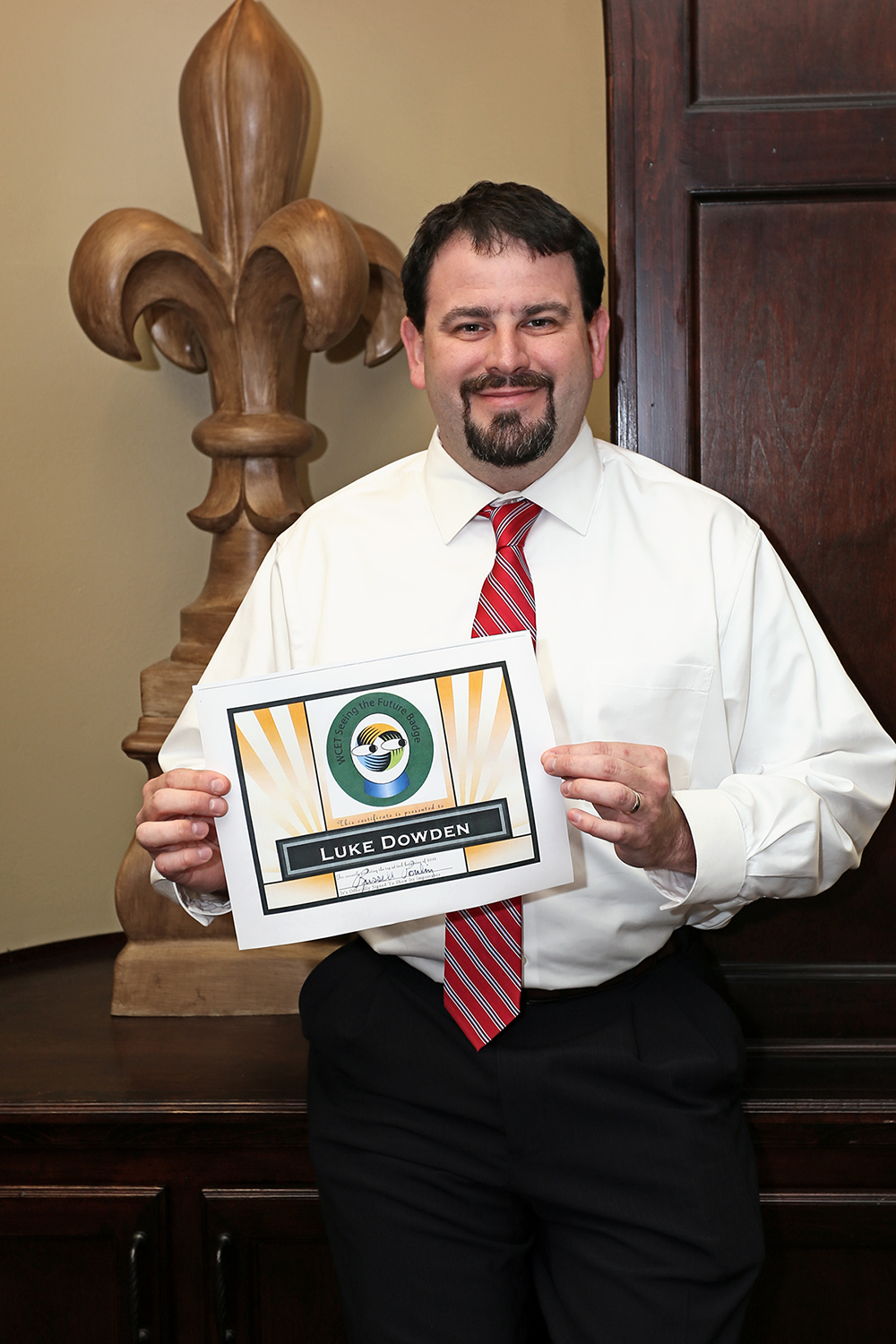Predictions from 2013: MOOCs and Competency-based Education Top Pick
Published by: WCET | 1/7/2014
Tags: Competency-based Education, Cost Of Instruction, Credentials, MOOC, State Authorization
Published by: WCET | 1/7/2014
Tags: Competency-based Education, Cost Of Instruction, Credentials, MOOC, State Authorization
January 7, 2014
In January of last year we asked you to:
“Predict something that will happen this year regarding teaching, learning, technology, business of e-learning, policy, regulations, student behavior, or other related items.”
Given that broad request, it is not surprising that we received prognostications that were all over the map. Some were quite specific while others were vague visions of a utopian future, personal statements of belief (that’s the way things should be!), or fervent hopes disguised as predictions.

It’s a year later. How did you do? What do you predict for 2014?
The Top Prediction
Following our tradition, the person with the top prediction from last year holds the honor of selecting the top forecast for this year. Marie Cini, provost and senior vice president for academic affairs at University of Maryland University of College, selected Luke Dowden, director of Distance Learning at the University of Louisiana Lafayette, as this year’s winner. Luke’s winning entry:
“Some company will monetize MOOCs and the fervor will shift to competency-based models.”
Marie’s reasoning:
“I chose ‘MOOCS Monetized’ because although all the predictions are solid, in most cases they did not have a metric associated that would give us a ‘yes/no’ answer. Most trends are moving at varying speeds across the educational landscape. But in 2013 Coursera announced their initial revenues to the tune of 1 million dollars…and the fervor over MOOCs has truly shifted to competency-based, with President Obama’s recent speech on affordable education. So congratulations, Luke Dowden, for his very specific prediction that came true.”
Honorable Mention
Other entries that displayed remarkable prescience include:
Finally, my condolences to Mac Adkins of Smarter Services who used a sports analogy about coaches (or managers in their roles as coaches) paying attention to “process.” Such attention to detail lead to the recent success of the University of Alabama football team. That led him to predict a third straight national collegiate football championship for the Crimson Tide. Well…there was a third straight national collegiate football championship, but it was the North Dakota State University Bison (pronounced Bizon) that did the trick last Saturday.
Make Your Prediction for 2014
You are invited to join in the fun for 2014. Predict something that will happen this year regarding teaching, learning, technology, business of e-learning, policy, regulations, student behavior, or other related items. You can submit your entry as a comment to this blog post or by sending an email to me at rpoulin@wiche.edu with the subject “2013 Prediction” by Friday January 24.
Polish your crystal ball and join the fun.
Happy New Year from all of us at WCET.
Russ Poulin
WCET – WICHE Cooperative for Educational Technologies
rpoulin@wiche.edu
Support our work. Join WCET.
4 replies on “Predictions from 2013: MOOCs and Competency-based Education Top Pick”
In 2014 the shift will be to discussions about credit and quality, both in the MOOC world and in the world of more traditional methods of distance education. I think we will do some in-depth work on learning how community and interaction play a huge role in student success in online learning, as we are informed by an increase in data from learning analytics and by conversations with experienced distance educators and their students.
Online learning market-based innovations requires a participative approach (with higher education faculty, administrators, and staff collaboration) to maintain quality e-learning operations.
Open online courses will become more plentiful with smaller levels of enrolment. As the hype reduces, organisations and individuals will produce cheaper open courses with lower production values but which are not necessarily less effective.
[…] see what 2014 brings! As we did a few weeks ago for 2013, we’ll conduct a review of the top predictions early next […]